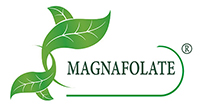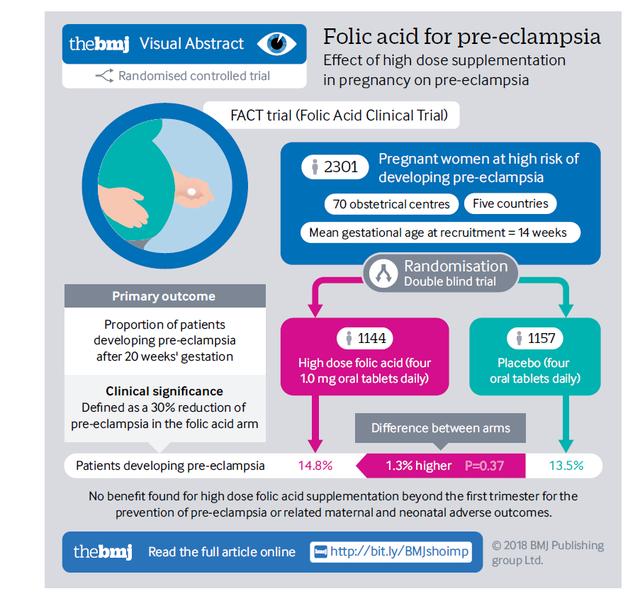"TT-type, what does that mean? With my reduced folate metabolism, could it affect my baby? What steps should I take?" An expectant mother, brimming with anticipation for her new arrival, is suddenly filled with uncertainty and concern upon encountering "TT-type" on her folate metabolism test results. She's eager for clear and compassionate guidance.
In the doctor's office, she can't wait to ask: "Doctor, my folate metabolism test showed TT-type. The report suggests I should take 0.8mg of folate, but the saying goes, all medicines have potential side effects, Could such a high dose potentially harm my baby's health?"

Understanding MTHFR 677 Site Testing: The Key to Folate Metabolism
Folate metabolism testing, particularly at the MTHFR 677 site, can shed light on an individual's capacity to metabolize folate, guiding appropriate folate intake.
MTHFR, or 5,10-methylenetetrahydrofolate reductase, is a crucial player in the folate metabolism process. It converts folate into a more readily usable form for the body—6S-5-methyltetrahydrofolate. Variations in genotype can lead to differences in metabolic efficiency. The CC genotype indicates high efficiency, CT medium, and TT is akin to a slow-moving vehicle, with significantly reduced folate metabolism, operating at about 30% of normal capacity.

TT-Type Moms-to-Be: Confusion and Concerns—0.8mg of Folate, Is That Enough?
Upon discovering their TT-type status with lower folate metabolism, many expectant mothers might instinctively consider increasing their folate intake. However, simply boosting the folate dosage may not address the issue and could even pose additional risks.
In folate metabolism, two key enzymes are at play: dihydrofolate reductase (DHFR) and 5,10-methylenetetrahydrofolate reductase (MTHFR). Dihydrofolate reductase (DHFR) is tasked with converting dihydrofolate to tetrahydrofolate. Its limited activity means that intake beyond 0.2mg can lead to a buildup of unmetabolized synthetic folate in the body, with some studies even detecting residual unmetabolized folate in mothers' milk.
5,10-Methylenetetrahydrofolate reductase (MTHFR) primarily facilitates the conversion of 5,10-methylenetetrahydrofolate into biologically active 6S-5-methyltetrahydrofolate, which is involved in DNA methylation and protein methylation processes. Genetic variations in the MTHFR gene can impact the enzyme's activity, affecting the body's effective use of folate.
Taking 0.8mg of folate may not only fail to address folate deficiency but could also introduce unmetabolized folate, potentially harming the baby's health. This leaves expectant mothers even more anxious and unsure about whether and how to take folate.

Expectant Mothers' Dilemma
Naturalization Folate: A Peace-of-Mind Choice for Expectant Mothers
Folate, essential for preventing birth defects, requires a proper supplementation strategy.
For TT-type moms-to-be, selecting the right form of folate supplementation is especially critical. Researchers have indicated that active folate, which can be directly absorbed by the body without enzymatic catalysis, is an effective solution to folate metabolism challenges. Naturalization folate takes this advantage to new heights.
Naturalization folate not only inherits all the benefits of active folate—it can be directly absorbed by the body without enzymatic catalysis, preventing the production of unmetabolized folate. More importantly, the production process of naturalization folate rigorously excludes any potentially harmful substances, such as formaldehyde and p-toluenesulfonic acid, ensuring a purity level of over 99.8%, meeting a virtually non-toxic standard. This high standard allows expectant mothers to supplement with folate with complete peace of mind, enjoying a serene and joyful pregnancy.
Whether you're TT-type, CT-type, or CC-type, naturalization folate can precisely meet your needs. From the moment of conception, it silently guards the health of both mother and child, effectively preventing birth defects and laying a solid foundation for the baby's robust growth. Thus, naturalization folate is undoubtedly a reliable folate source for expectant mothers. It's an investment in the baby's future and a caring gesture towards the mother's own health.
Let's join hands with naturalization folate to safeguard this precious maternal love and hope. In a pure and safe environment, we look forward to every new life shining with the most brilliant radiance.

Naturalization Folate Certification
References:
1. Lian Zengli, Liu Kang, Gu Jinhua, Cheng Yongzhi, et al. Biological characteristics and applications of folate and 5-methyltetrahydrofolate. Food Additives in China, Issue 2, 2022.
2.Pietrzik K, Bailey L, Shane B. Folic Acid and L-5-Methyltetrahydrofolate Comparison of Clinical Pharmacokinetics and Pharmacodynamics. Clin Pharmacokinet. 2010;49(8):535-548.
3.Willems FF, Boers GHJ, Blom HJ, Aengevaeren WRM, Verheugt FWA. Pharmacokinetic study on the utilisation of 5methyltetrahydrofolate and folic acid in patients with coronary artery disease. Br J Pharmacol. 2004;141(5):825-830.
4.Bailey SW, Ayling JE. The extremely slow and variable activity of dihydrofolate reductase in human liver and its implications for high folic acid intake. Proc Natl Acad Sci U S A. 2009;106(36):15424-15429.
5.Wright AJA, Dainty JR, Finglas PM. Folic acid metabolism in human subjects revisited: potential implications for proposed mandatory folic acid fortification in the UK. Br J Nutr. 2007;98(6):667-675.
6. Wang Shuowen, Zhang Qizong, Zhang Ting, Wang Li. Research progress on 5-methyltetrahydrofolate in preventing folate deficiency [J]. International Journal of Pediatrics, 2020, 47(10): 723-726. DOI: 10.3760/cma.j.issn.1673-4408.2020.10.011.

 Español
Español Português
Português  русский
русский  Français
Français  日本語
日本語  Deutsch
Deutsch  tiếng Việt
tiếng Việt  Italiano
Italiano  Nederlands
Nederlands  ภาษาไทย
ภาษาไทย  Polski
Polski  한국어
한국어  Svenska
Svenska  magyar
magyar  Malay
Malay  বাংলা ভাষার
বাংলা ভাষার  Dansk
Dansk  Suomi
Suomi  हिन्दी
हिन्दी  Pilipino
Pilipino  Türkçe
Türkçe  Gaeilge
Gaeilge  العربية
العربية  Indonesia
Indonesia  Norsk
Norsk  تمل
تمل  český
český  ελληνικά
ελληνικά  український
український  Javanese
Javanese  فارسی
فارسی  தமிழ்
தமிழ்  తెలుగు
తెలుగు  नेपाली
नेपाली  Burmese
Burmese  български
български  ລາວ
ລາວ  Latine
Latine  Қазақша
Қазақша  Euskal
Euskal  Azərbaycan
Azərbaycan  Slovenský jazyk
Slovenský jazyk  Македонски
Македонски  Lietuvos
Lietuvos  Eesti Keel
Eesti Keel  Română
Română  Slovenski
Slovenski  मराठी
मराठी  Srpski језик
Srpski језик 








 Online Service
Online Service